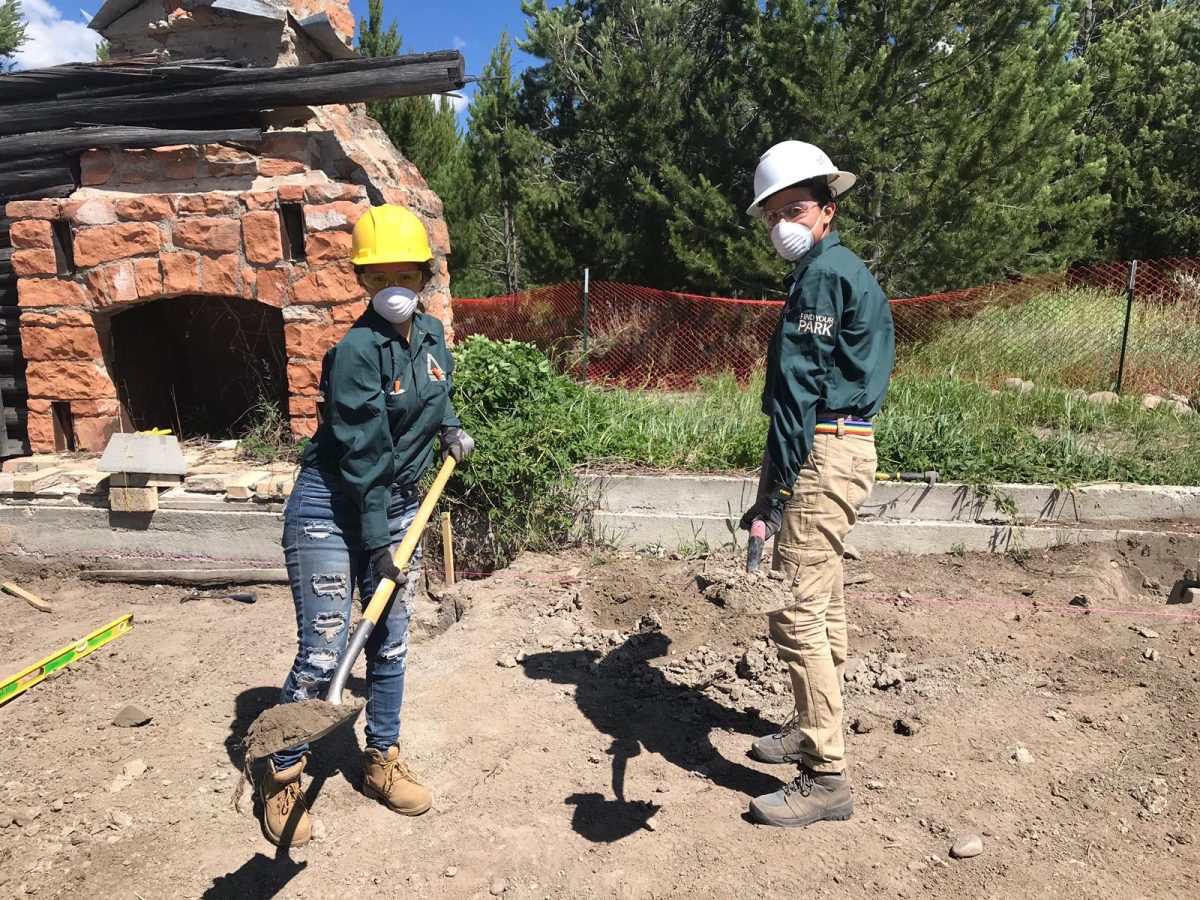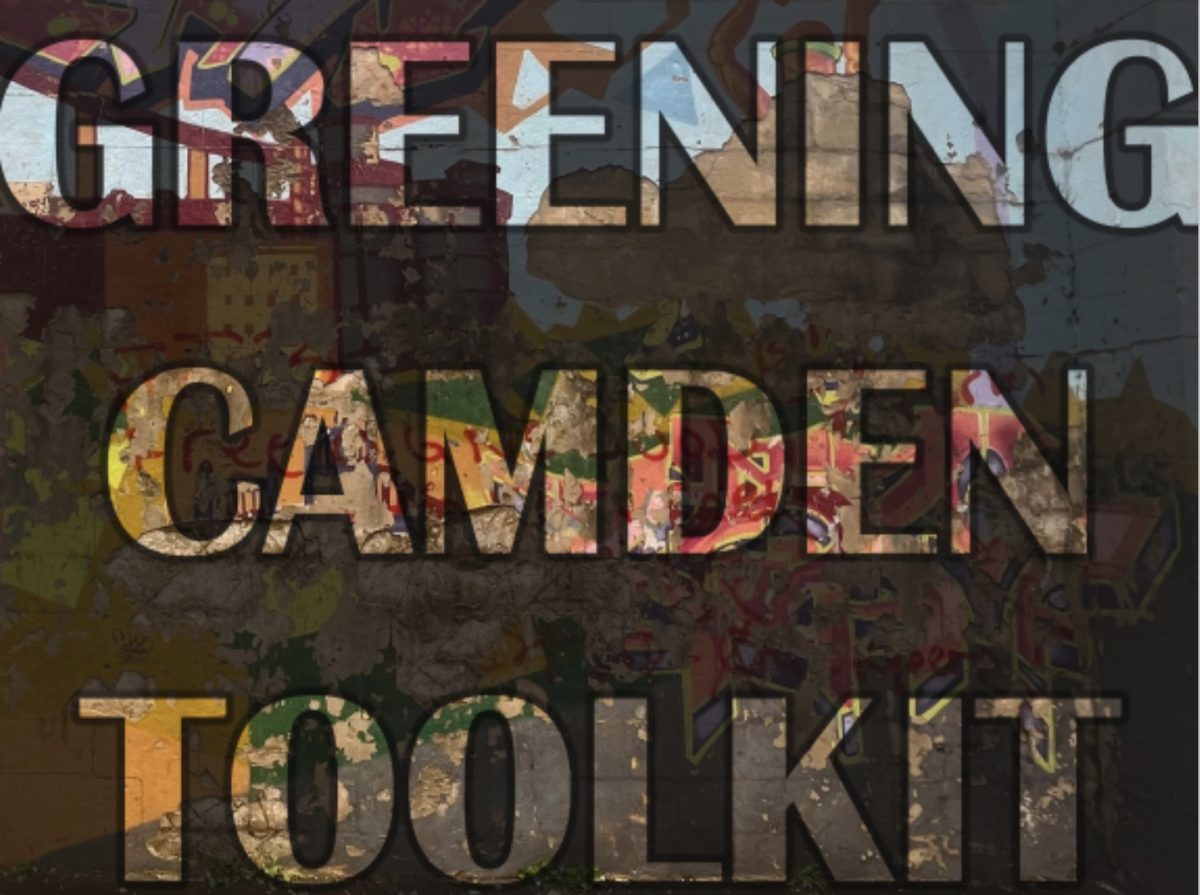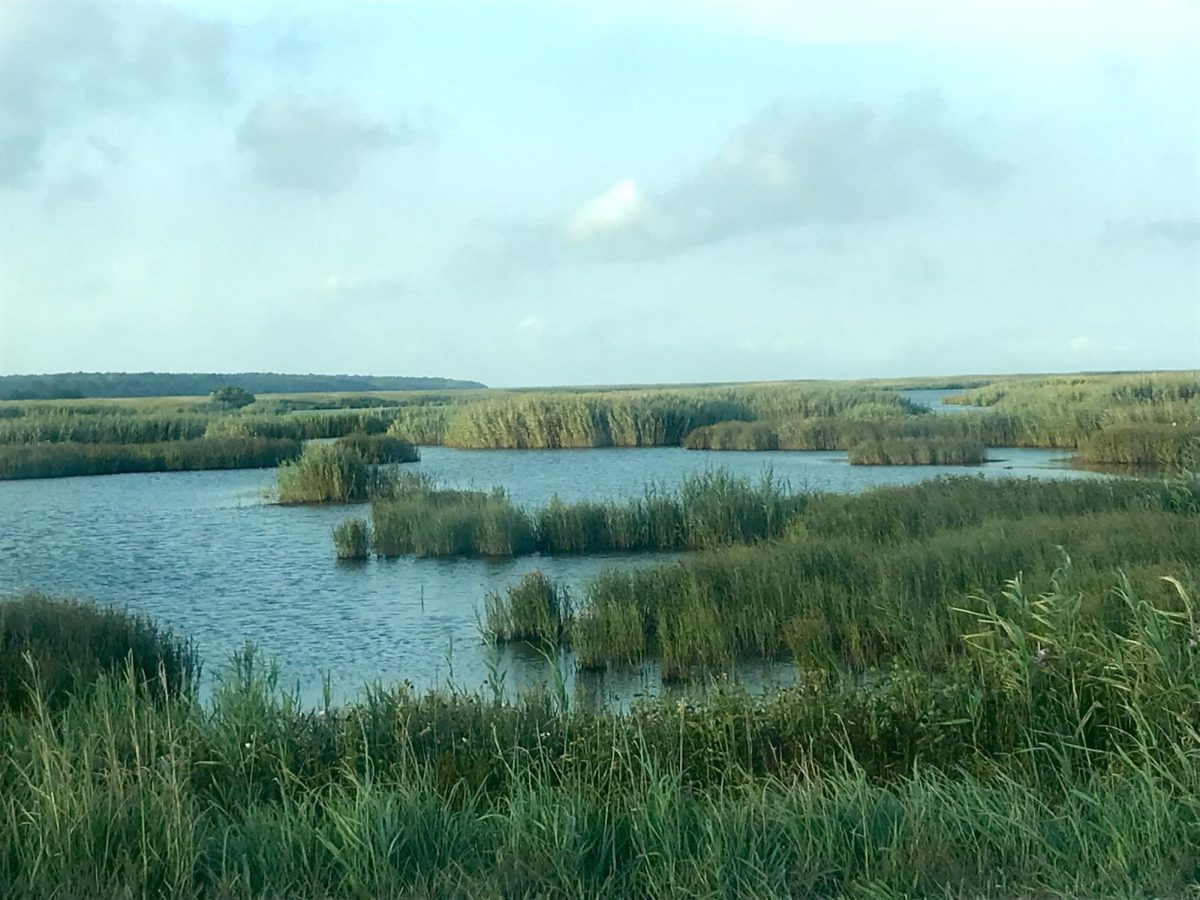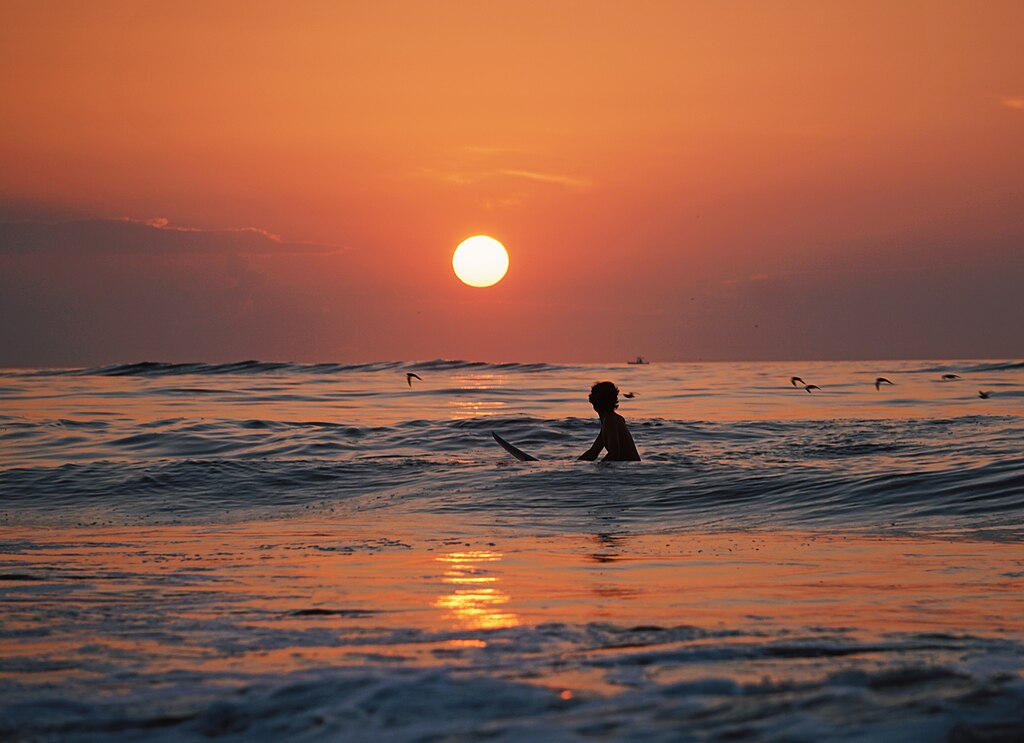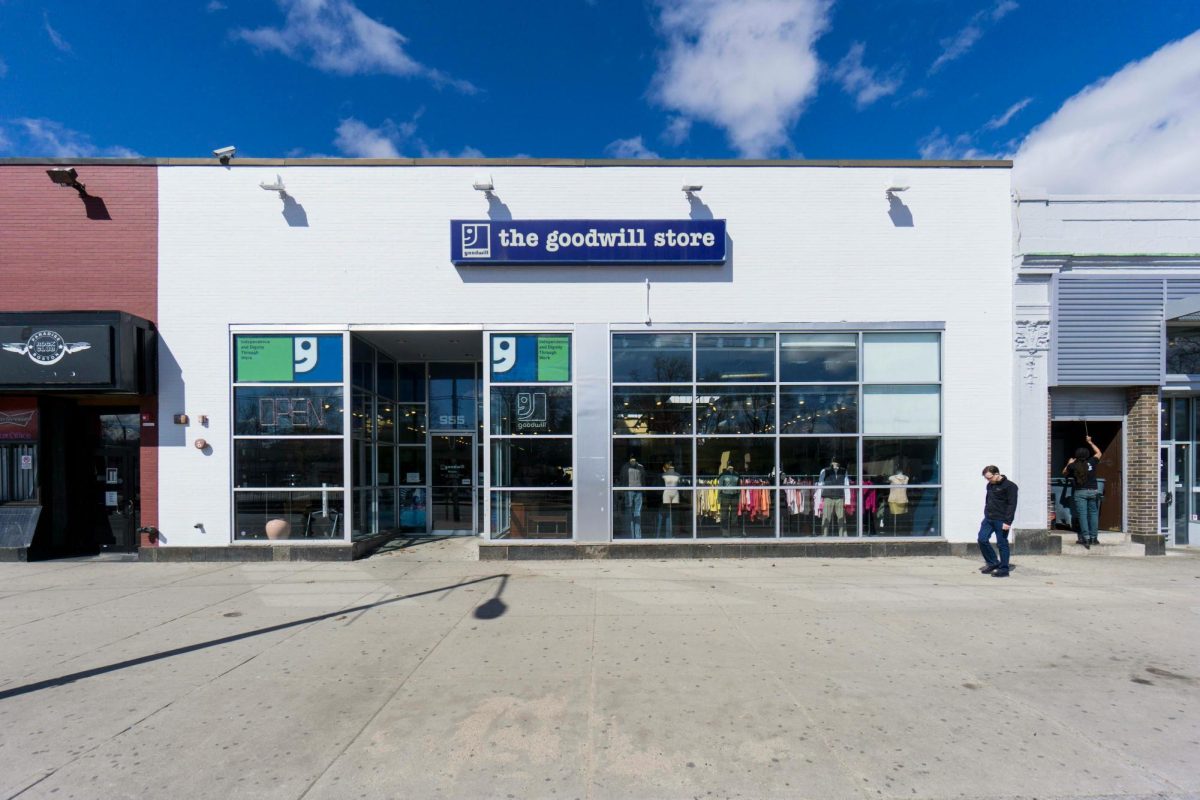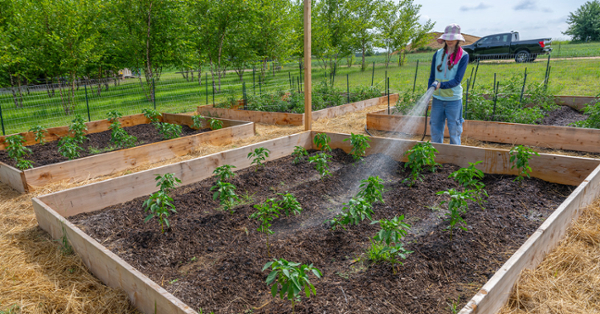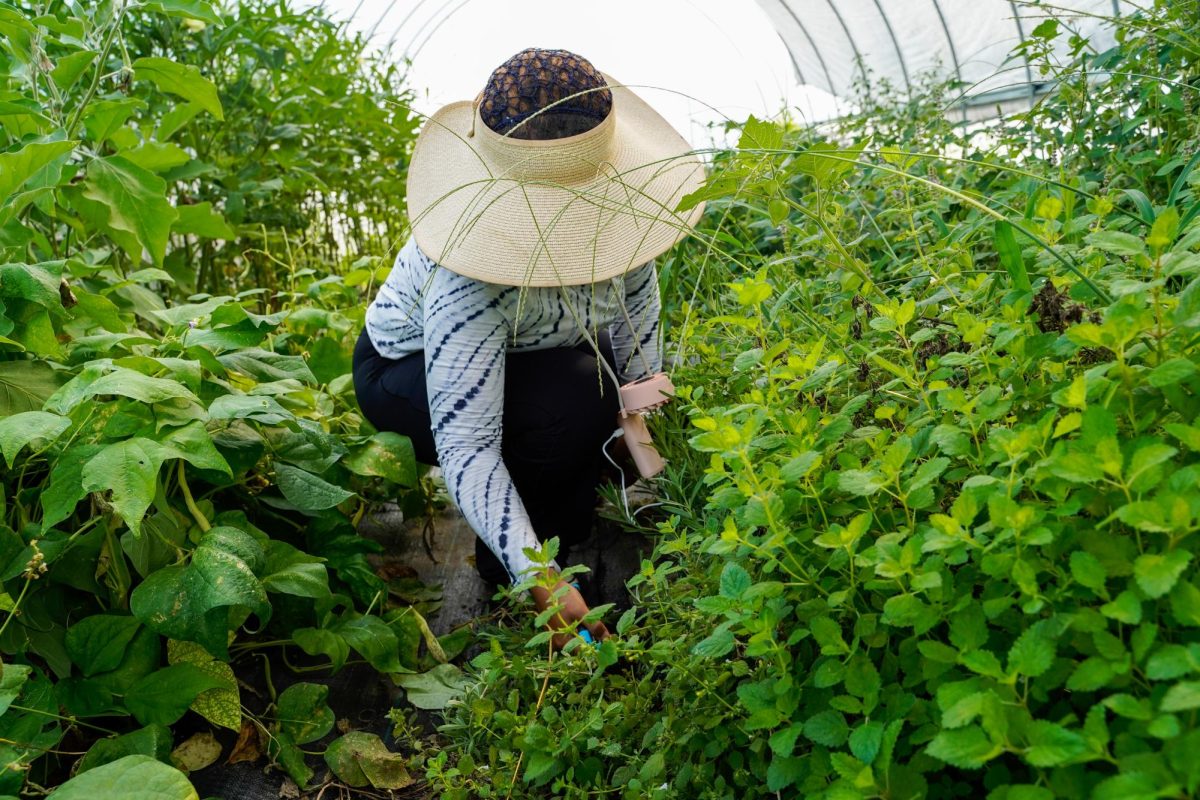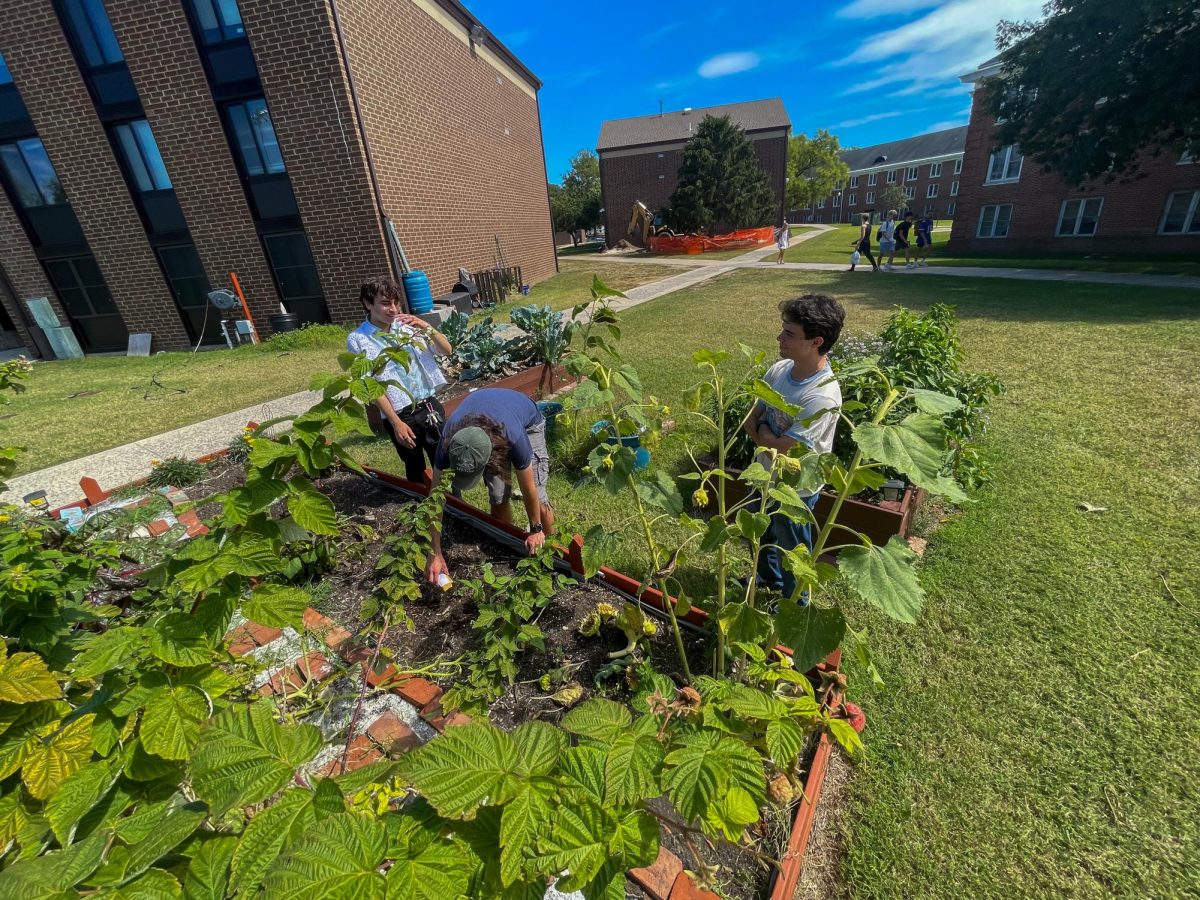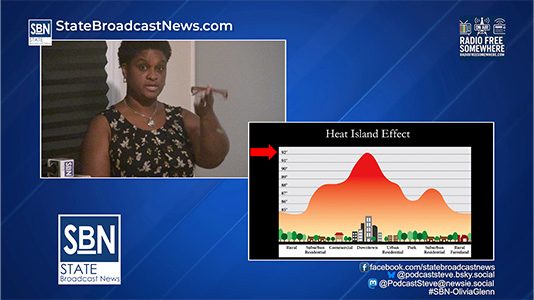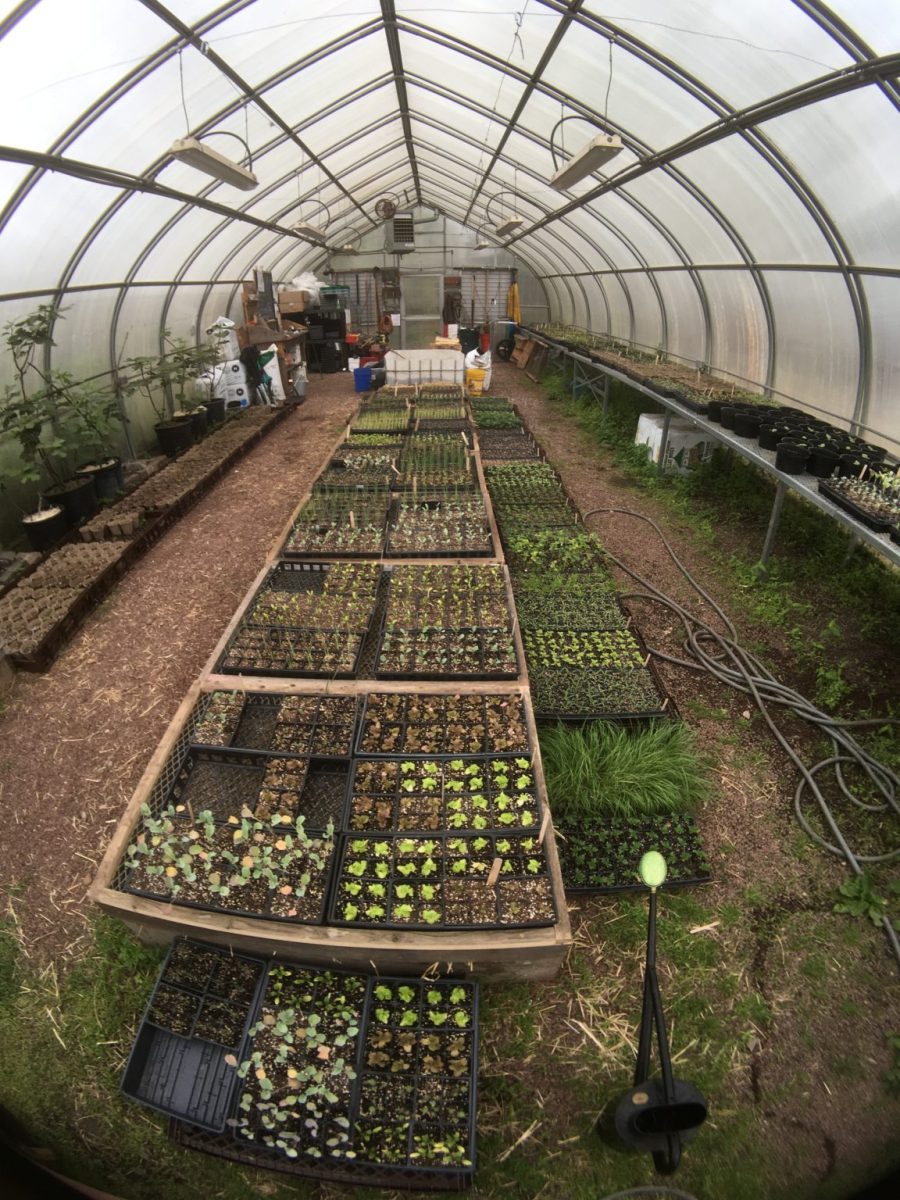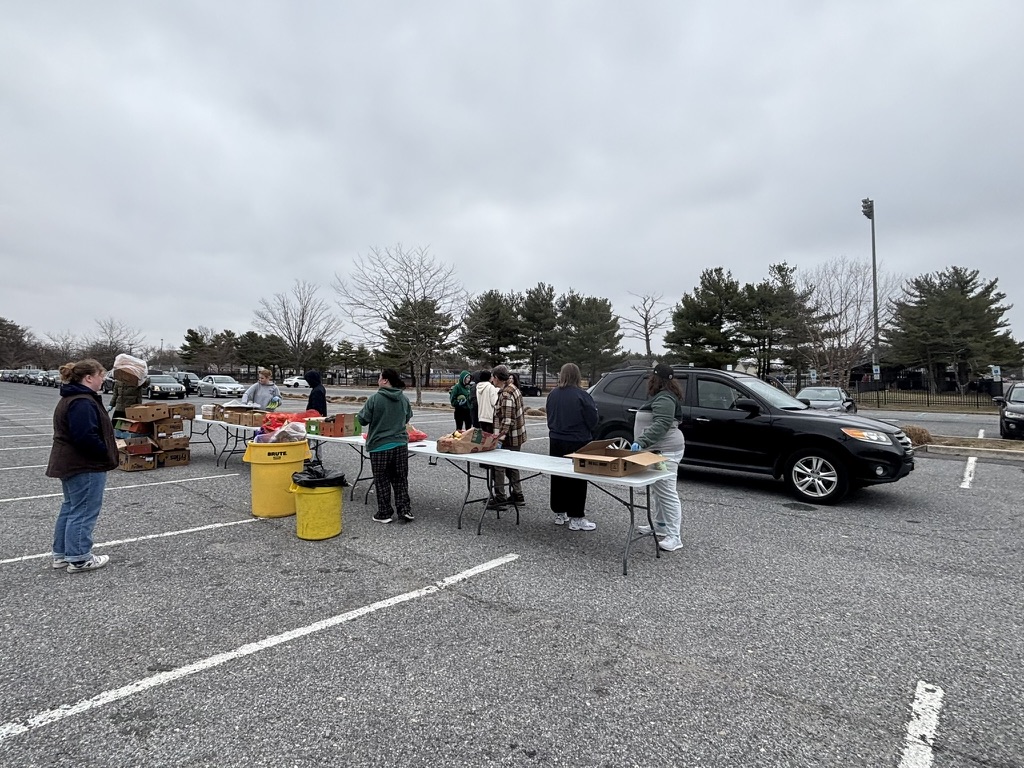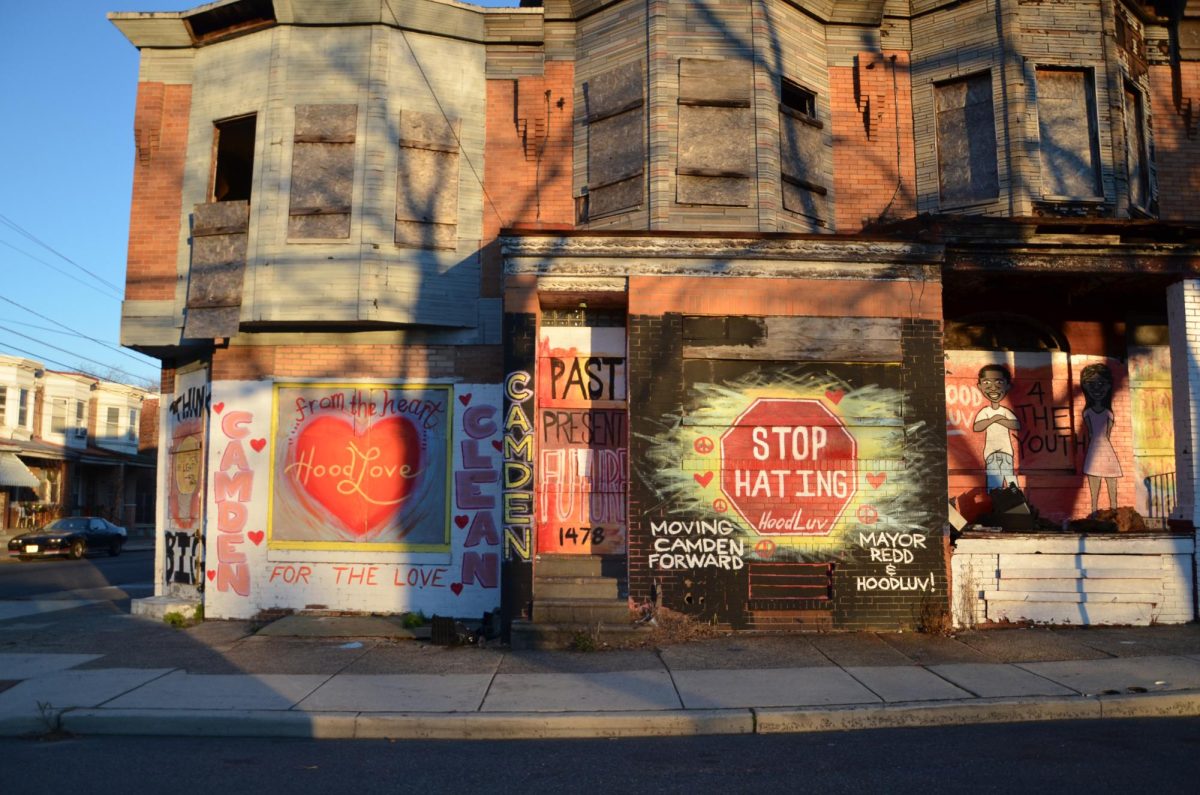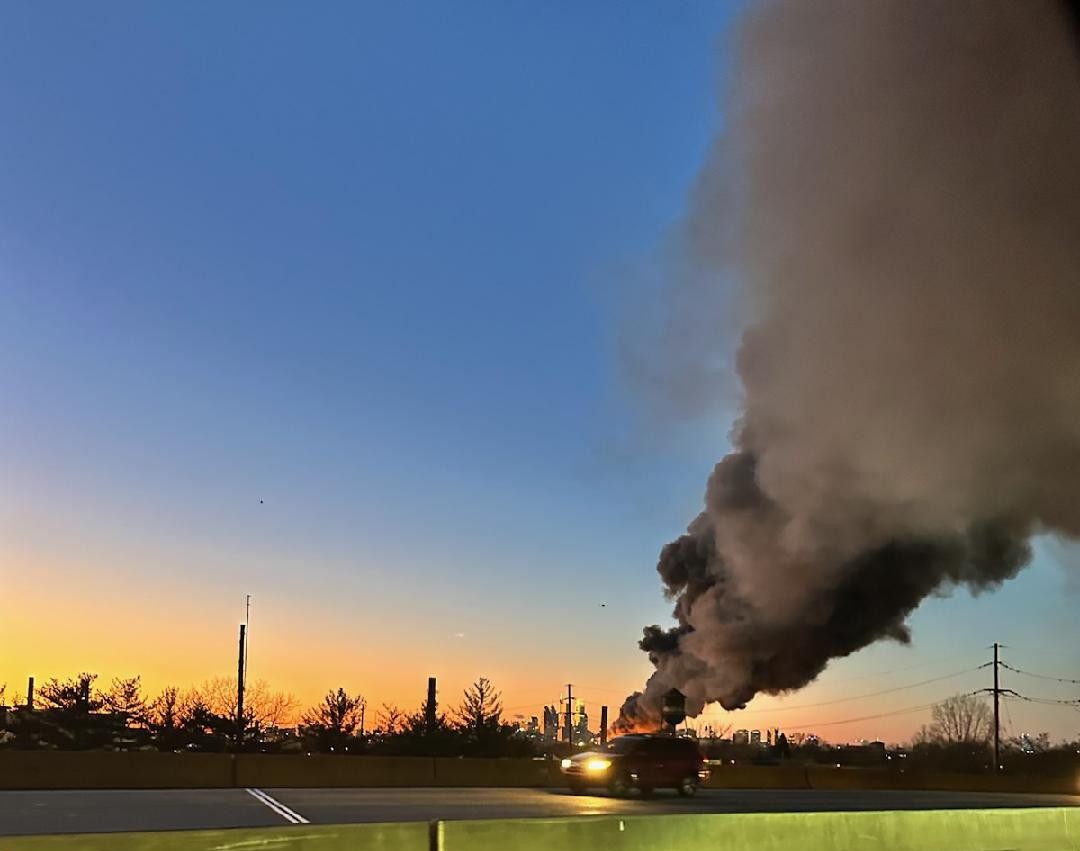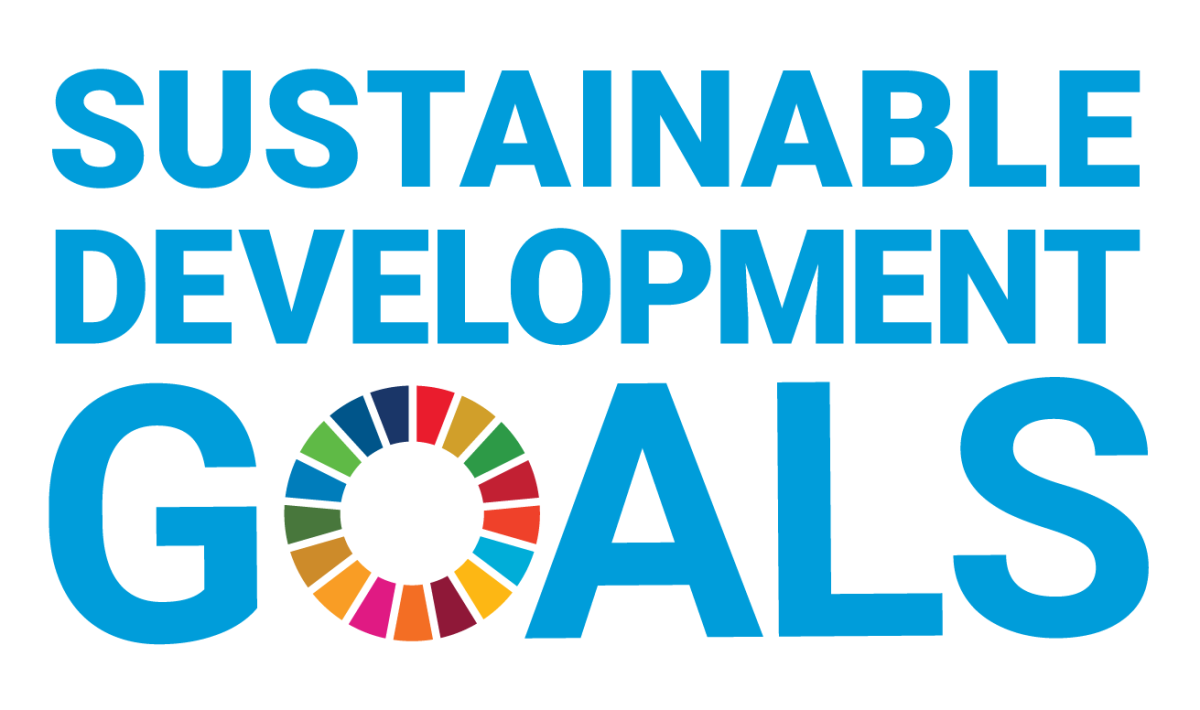By Sarah Sosa
In recent months, millions of young people have taken to the streets to call attention to the global climate crisis. In response, many have asked: Who are these young people? Why are they skipping school and work to protest? What exactly do they want?
I am part of this global youth environmental movement. This is how I got involved.
I grew up in Elizabeth, New Jersey, about 20 minutes outside of New York City, and my passion for the environment started at an early age.
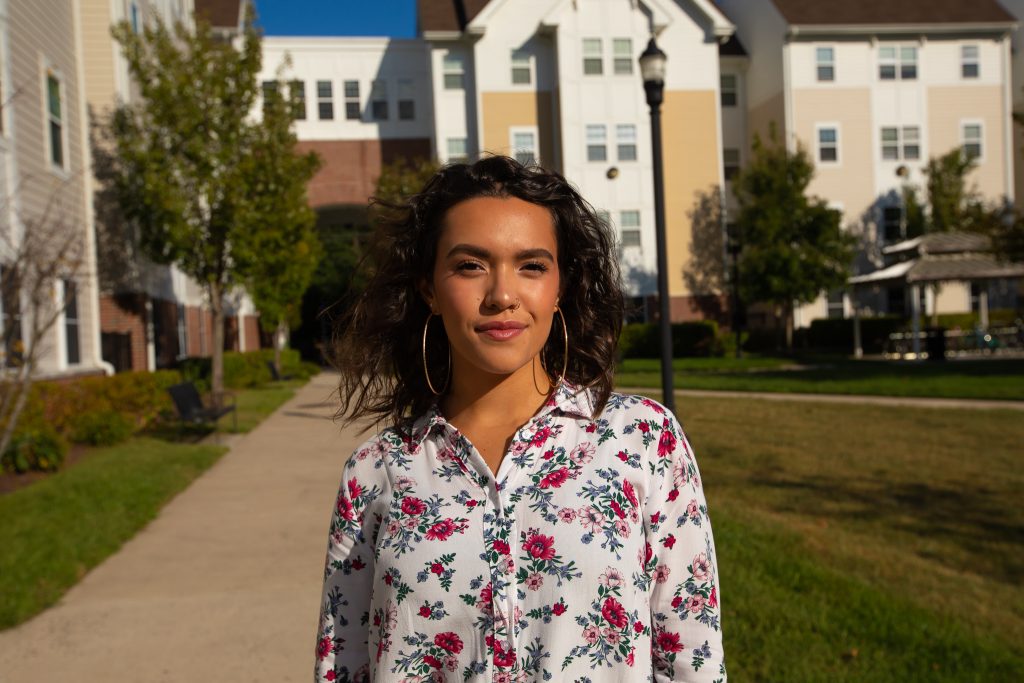
My parents recycled at home, reused items, and conserved electricity and water. Not only did these things reduce our cost of living, but they taught me valuable lessons about non-renewable energy. When we visited local parks and family in our home country of Puerto Rico, my parents would display sorrow at seeing trash in nature and encourage me to be the change in making the earth beautiful.
Last summer, I interned at Groundwork Elizabeth, a nonprofit organization dedicated to improving local environmental conditions in order to benefit the economic and social health of a neighborhood and its residents. The organization’s mission is “working to create sustainable environmental change through the encouragement of active living, healthy eating, improved quality of life, and achieve better health outcomes for all residents, regardless of income, race, ethnicity, age, gender, or ZIP code.” Groundwork USA has about 20 locations across the country, each located in largely disinvested neighborhoods.
As an intern, I helped to bring community gardens to low-income communities at public schools, retirement homes, and libraries. We educated people of all ages on the importance of hosting their own sustainable agriculture. In April, we celebrated the grand opening of a greenhouse in Elizabeth, with over 50 different plant species that were donated to community markets.
With Groundwork, I also traveled to wildlife refuges, national parks, and reservations to learn how to identify and remove invasive plant species. I learned about the importance of the ecosystem native to New Jersey and how to improve the conditions of those parks with our own personal ideas.
I also learned that volunteering and interning is not enough.
The future requires green careers – real, meaningful work that can find solutions to climate change, help transform communities, and provide a financial future for young people. “I don’t like volunteer experiences too much,” Curt Collier, the National Youth Program Director of Groundwork USA, told us. “Ultimately people need to know that conservation is a job and it’s a career. You can make a lot of good money and have a good life with this type of work.”
 To help build my resume, I attended a three-day conference, the National Youth Summit at the National Conservation Center in West Virginia, hosted by the U.S. Fish and Wildlife Service.
To help build my resume, I attended a three-day conference, the National Youth Summit at the National Conservation Center in West Virginia, hosted by the U.S. Fish and Wildlife Service.
I also spent nine days camping in the Grand Tetons in Wyoming, making history as part of the “First Ever All-Female Latina Group to Volunteer with Historic Preservation at the Grand Tetons,” again thanks to Groundwork. They’re an organization that prides themselves in teaching skills that apply to everyday life.
Currently, I am studying Biology and Environmental Science at Rowan University. My career goals include finding sustainable alternatives to the way we live through science, observation and research.
Possible career choices that influence my ideas may include being an environmental scientist, conservation biologist, or even working in hydrology. It would be a dream to save the population of coral reefs through research and Geographical Information System (GIS) technology.
I can proudly say that I am part of the youth environmental movement, and I plan to contribute so much more in the future. I challenge others to work to make change in their communities through education, internships, activism, and through green jobs that can transform our planet.
Our time is now.
This story is part of our participation in a statewide climate reporting collaboration with members of the NJ College News Commons, a network of campus media outlets working together to cover the climate crisis in New Jersey.

